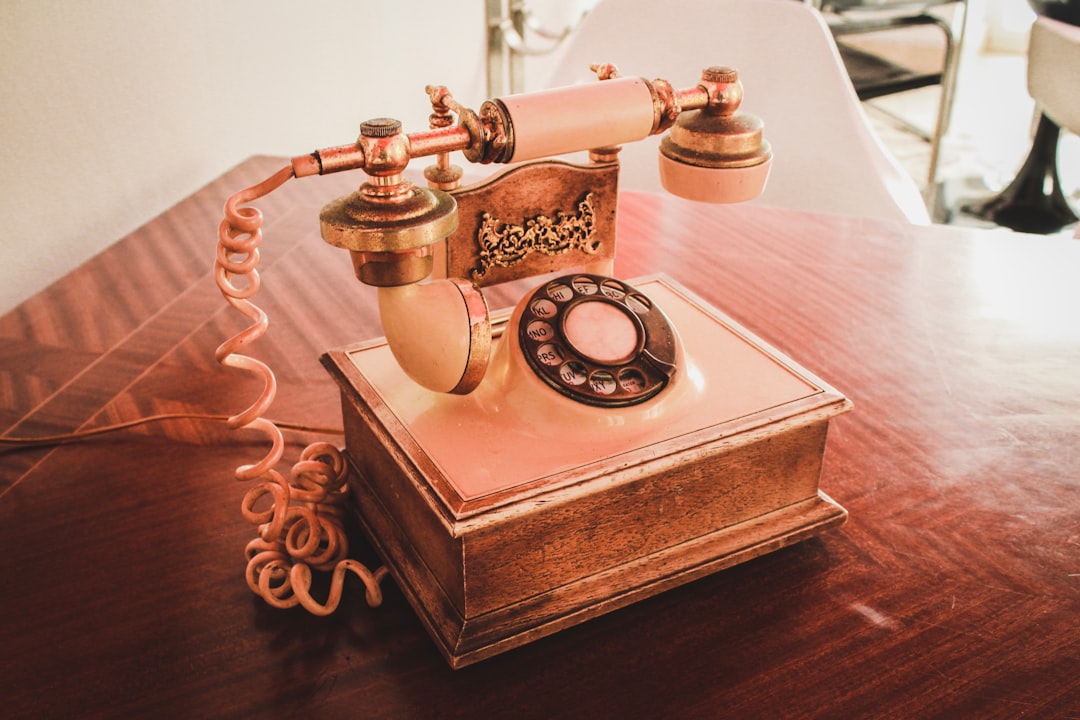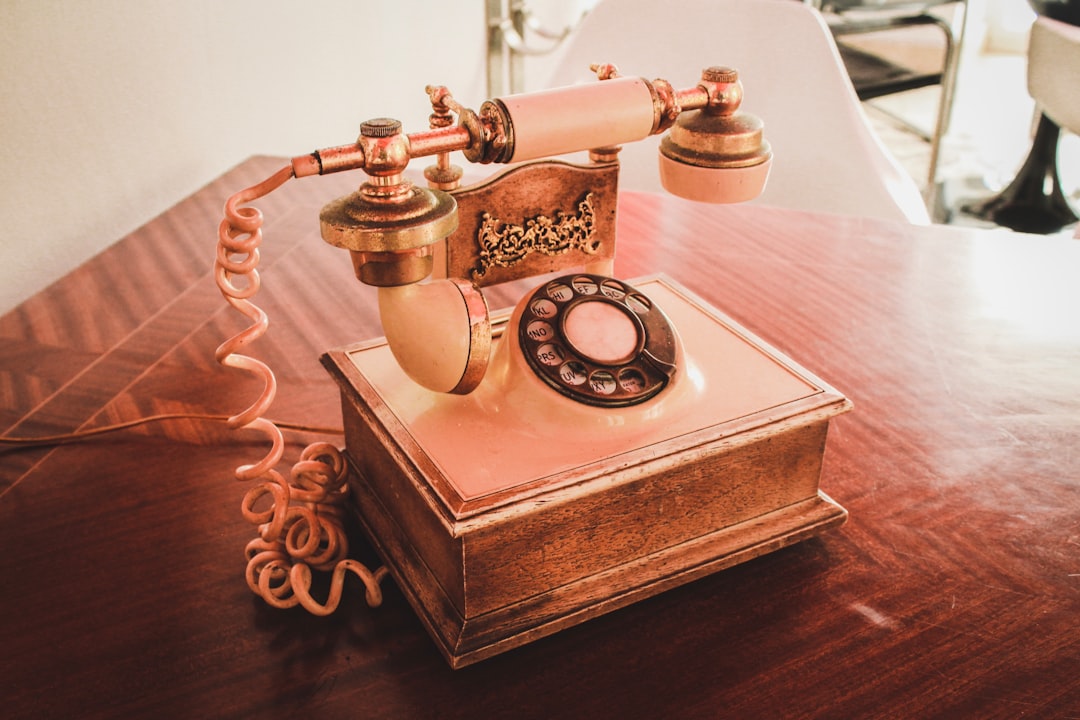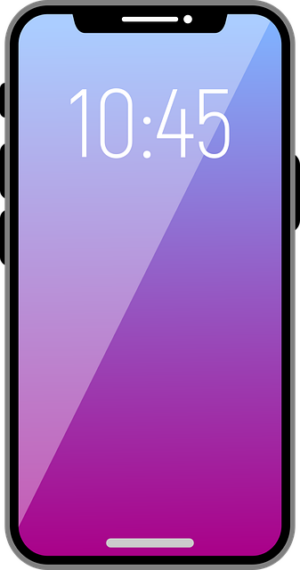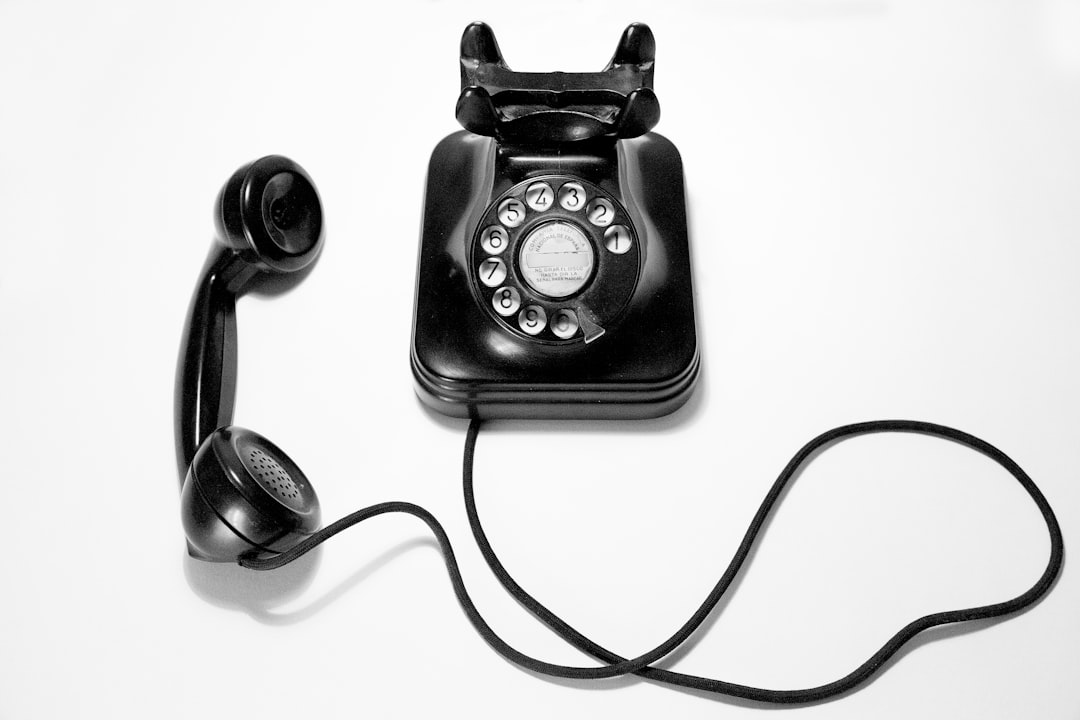“Unleash the power of technology to boost public engagement with autodialers! This comprehensive guide explores how Nebraska’s legal professionals can harness the potential of these modern tools. From understanding the basics of autodialers and their benefits to a practical step-by-step implementation process, we cover it all.
Discover how autodialers can enhance client reach for law firms in Nebraska, ensuring ethical and effective practices. Learn from industry experts and transform your legal engagement strategies today with these game-changing autodialer techniques.”
Understanding Autodialers: The Modern Engagement Tool

In today’s digital era, engaging with constituents and clients effectively is more important than ever for lawyers in Nebraska. This is where autodialers step in as a powerful tool to revolutionize public engagement. An autodialer is essentially an automated phone dialing system that allows law firms and attorneys in Nebraska to reach out to a large number of people simultaneously, delivering personalized messages with ease.
By utilizing these technologies, autodialer lawyers Nebraska, attorneys, and law firms can efficiently share updates, announcements, or even legal advice with their target audience. This method is particularly beneficial for keeping communities informed about upcoming changes in legislation that may impact them. The ability to engage directly with citizens on a personal level ensures a stronger connection between legal professionals and the public they serve in Nebraska.
Benefits of Using Autodialers for Legal Practices in Nebraska

Using autodialers can significantly enhance public engagement for legal practices in Nebraska. These automated phone dialing systems offer numerous benefits, such as increased efficiency and cost-effectiveness compared to manual outreach methods. By automating the process of making personalized calls, attorneys and law firms can save time and resources while expanding their reach to potential clients.
Autodialers allow for targeted campaigns tailored to specific demographics or case types, ensuring that messages resonate with the intended audience. This precision improves response rates and helps build stronger connections between legal professionals and the public in Nebraska. With advanced features like scheduling, tracking, and analytics, autodialers empower lawyers and law firms to make data-driven decisions, further enhancing their engagement strategies and ultimately benefiting their clients.
Implementing Autodialers: A Step-by-Step Guide for Law Firms

Implementing Autodialers: A Practical Guide for Law Firms in Nebraska
For law firms looking to boost their public engagement and reach a wider audience, autodialers can be an effective tool. Here’s a step-by-step guide on how to integrate this technology into your practice:
1. Assess Your Goals: Begin by defining the specific goals you want to achieve with an autodialer. Are you aiming to increase appointment bookings, enhance client retention, or share important legal updates? Understanding your objectives will guide your autodialer strategy. For instance, if improving client retention is a priority, consider using autodialers for follow-up calls after initial consultations.
2. Choose the Right Autodialer Software: Select an autodialer software that aligns with your law firm’s size and needs. There are various options available in Nebraska, catering to solo practices as well as larger firms. Look for features like customizable scripts, legal compliance tools, and analytics to measure campaign effectiveness. Ensure the chosen platform is user-friendly and compatible with existing case management systems.
3. Develop Scripted Messages: Create professional and compliant messages tailored to your target audience. These scripts should be clear, concise, and engaging, conveying valuable information relevant to Nebraska residents. For example, you can use autodialers to send reminders about upcoming court dates, notify clients of new legal resources, or promote community events hosted by your law firm.
4. Obtain Consent and Comply with Regulations: Ensure that all autodialer communications comply with the Telephone Consumer Protection Act (TCPA) and other relevant Nebraska laws. Obtain explicit consent from individuals before dialing, allowing them to opt-out easily. Provide clear opt-in/opt-out instructions in your messages and on your website. Regularly review and update your privacy policies to maintain compliance.
5. Integrate with Your Practice Management System: Seamlessly connect your autodialer software with your existing practice management tools to streamline operations. This integration enables efficient data sharing, ensuring accurate client information for personalized communication.
6. Test and Optimize: Before launching full-scale campaigns, test your autodialer setup thoroughly. Run test calls and messages to identify any issues or areas for improvement. Monitor call records, analyze response rates, and refine your strategies accordingly. Regular testing ensures the effectiveness and success of your autodialer initiatives.
Ethical Considerations and Best Practices for Autodialer Usage

Using autodialers to engage with the public can be a powerful tool for legal professionals in Nebraska, but it comes with ethical considerations that must be addressed. The primary concern is respect for individual privacy and consent. Autodialers should only be used for legitimate marketing or communication purposes, and always with the recipient’s explicit permission. Lawyers and law firms in Nebraska must ensure they comply with all relevant laws and regulations regarding telemarketing and consumer protection, such as obtaining proper opt-in consent and providing a way to opt out of future calls.
Best practices include personalizing messages, ensuring accurate contact information, and monitoring call records to respect individual preferences. Transparency is key; inform recipients who you are, why you’re calling, and how their information will be used. Additionally, autodialers should be employed judiciously, avoiding excessive or nuisance calls. By adhering to these guidelines, Nebraska’s legal community can leverage the efficiency of autodialers while upholding ethical standards in public engagement.






